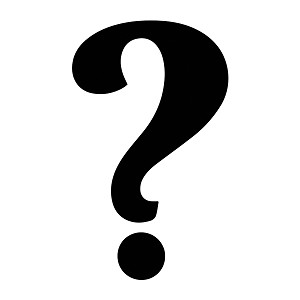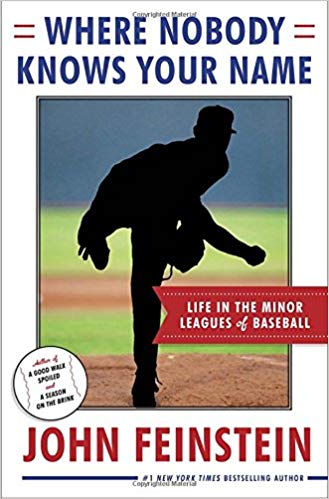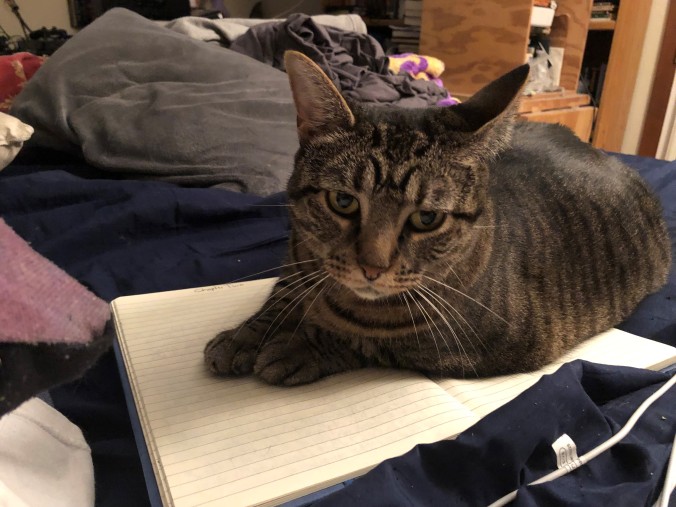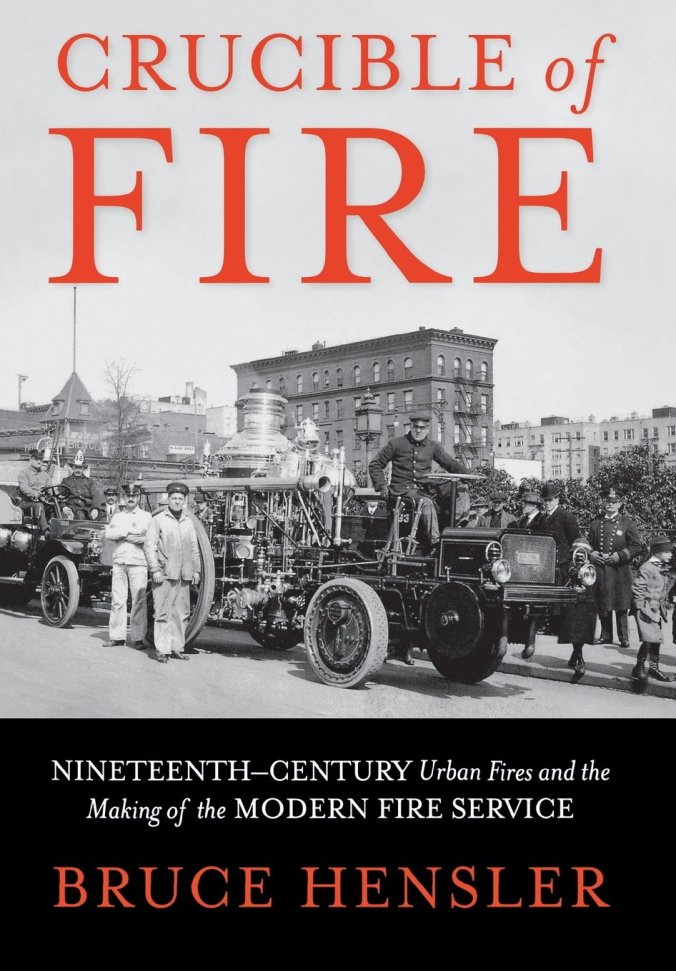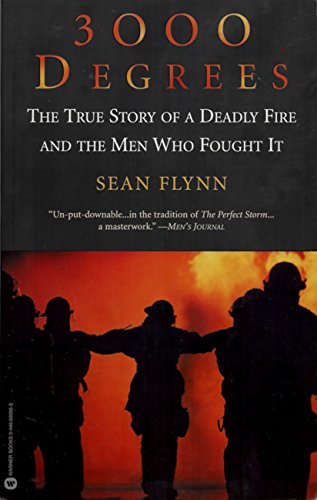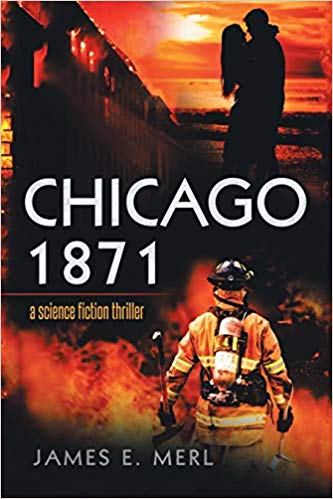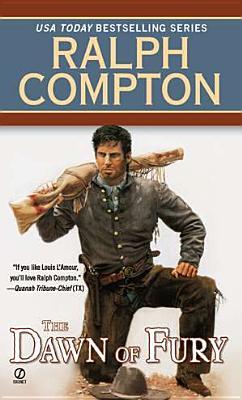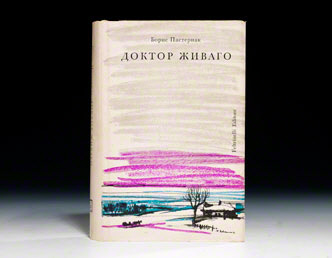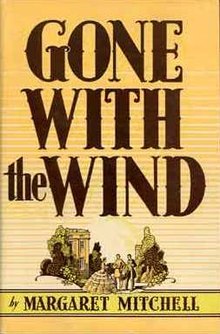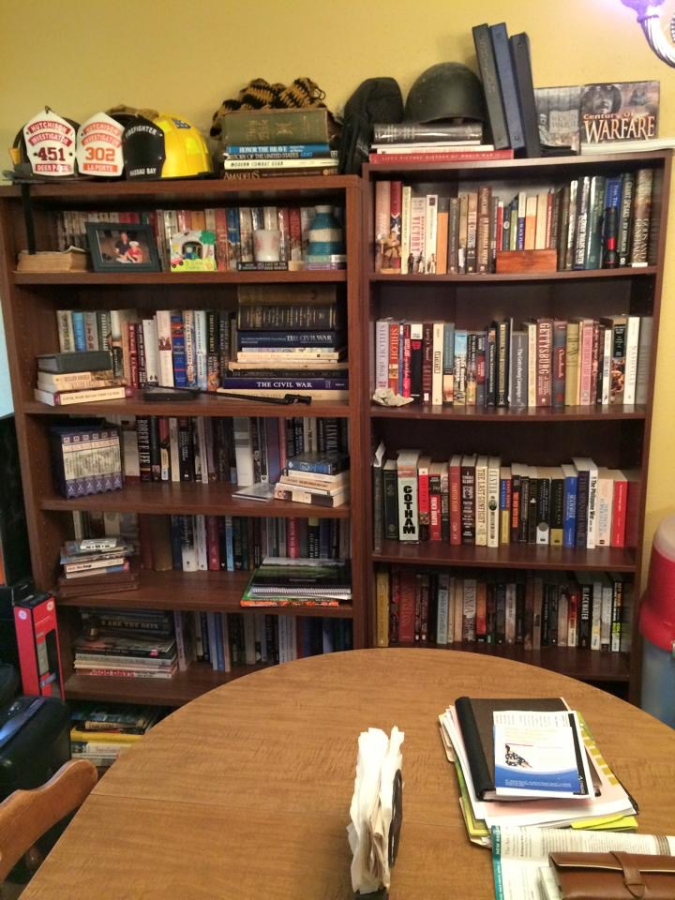
Dear Readers,
Don’t know the philly shell from the philly cheese steak? Can’t tell the different between a jab and a joint? Well, you are in luck. I realized that I haven’t written a “my favorite books about XXX” post in a while, and so I decided to remedy that today with a post about what are, in my opinion, the finest books written about the sweet science. I do so, as always, with the caveat that I am not saying that these are the best books written about boxing, but rather that they are my favorites.
La dolce scienza has produced some of the finest sports writing, no writing in general, that the country has ever seen. Looking at the list of those who have opined about the kings of the ring reads like a literary who’s who. Papa Hemingway. Joyce Carol Oates. A.J. Liebling. Norman Mailer. Jack London. Lee Hutch. Okay, so I’m kidding about that last name, but you get the idea. There is something about two fighters standing in the spotlight trading blows that attracts those with a literary urge. Perhaps this is because within the space of single fight, you can witness hope, both lost and found, glory, honor, the sting of defeat, and the triumph of victory. It’s too tempting of a target for writers to resist.
So, with the disclaimer above in place, I shall now proceed to give you my favorite books on boxing, some fiction and some non. I like to mix it up. Just like you should mix up your punches.

The Sweet Science is perhaps the finest book written on the subject. Liebling is a gifted wordsmith who turns boxing into ballet. The book is made up of a collection of essays written by Liebling for The New Yorker in the 1950s. They reflect the passing of the old guard (Joe Louis and Archie Moore) and the rise of a kid from Brockton, Mass named Rocky Marciano. Each essay follows the same basic pattern. Liebling visits the fighters in camp, foot toddles or takes a cab to the fight, and then stops off for a drink or a bite afterwards and reflects on what he has seen. Even if you are not a fan of the sweet science of bruising, read this book as an example of some of the finest reportage this nation has ever produced.

If The Sweet Science is on the list, then you absolutely must include the author to whom Liebling drew inspiration, Pierce Egan. Boxiana; or Sketches of Ancient and Modern Pugilism is a collection of essays written in the 19th Century. Read widely by young men all over England, his work inspired the likes of Charles Dickens. It was Egan who first referred to boxing as “The Sweet Science”, a term which is still in use today, almost two hundred years later. His delightful tales of bouts which lasted hours rather than minutes are sure to appeal to fight fans today, just as they did when he penned the words so many years ago.

Fat City by Leonard Gardner is boxing noir at its finest. Boxing and noir (be it screen or page) go together like peas and carrots. Published in 1969, Fat City is Gardner’s only novel, and a fine one it is. The story, set in Stockton, follows the attempted comeback of a semi-retired fighter along with the rise of a new contender. There are no spotlights and million dollar fights here. No, Dear Reader, this is a look at the underside of boxing where men on the margins of society fight to survive both in the ring and out. For most fighters, even today, this is their reality, not pay per view events and legions of adoring fans. It’s a fine, short novel, even for those who are not boxing enthusiasts. As a character study, it ranks among the finest ever written. And as a benefit, it is also available as an audiobook!

Bert Sugar’s Punchlines is a delight little collection of wit from the cigar chomping, fedora wearing, historian and journalist of the fight game. Inside, you’ll find such gems as Bert commenting on graduating from law school and passing the bar exam. (“That’s the only bar I’ve ever passed.) He also opines about his favorite fights and his favorite fighters. A true student of the history of boxing, Bert draws from a wealth of knowledge to put together a book that is both funny and informative.
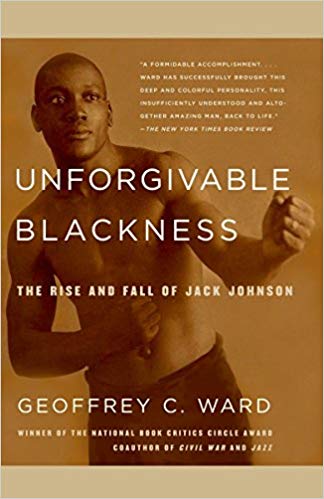
Unforgivable Blackness: The Rise and Fall of Jack Johnson by Geoffrey Ward tells of the life and times of the Galveston Giant, the world’s first black heavyweight champion. After you read it, check out the Ken Burns documentary with the same name. Just to give you an idea of how much white American hated Jack Johnson, consider this. When he defeated the “Great White Hope” James Jeffries on July 4, 1910, it touched off race riots throughout the country in what is our first example of nationwide rioting. Angry white fans stormed black neighborhoods and beat men in the streets and set fire to houses. Yes, people even died. What I admire about Jack Johnson is that he just didn’t give a f–k about what white America thought. He did his own thing and if you didn’t like it, that was your problem, not his.

The Professional by W.C. Heinz is a novel published in 1958. In the story, a journalist spends time in training camp with contender Eddie Brown and his trainer Doc Carroll. (Why are boxing trainers always called Doc?) It ends with the fight itself. Heinz gives us a fascinating peak inside the seamy world of championship boxing in the 1950s. You’ll meet many a shady character from promoters to writers. Truthfully, that hasn’t changed. Boxing is still full of shady characters. I watched a documentary that came out a few years ago called After the Fight. In it, renowned neurologist Robert Cantu pointed out that the two leading causes of death for boxers were gunshot wounds and stab wounds. It’s a rough world, and Heinz certainly brings that to life in his novel.

Okay, it might be cheating to have At the Fights on this list as it is a collection of boxing reporting from the 20th Century. From Jack London writing about Jack Johnson (and it was London who coined the phrase “Great White Hope”) to stories about this new kid called Mike Tyson, At the Fights brings you the best writing about the sport from its heyday to its decline. Consider it like a tour through the wastelands of a sport which once ruled the world and now struggles to find a place thanks to the rise of other bloodsports such as UFC and MMA.
And, as an honorable mention, I’d like to include a book of short stories by various others published under the title “Battling Boxing Stories.” I have listened to it twice on Audible. The stories cover a lot of ground, but they all relate back to the sport which still, despite its decline, holds a piece of the American imagination.
So until next time, Dear Readers, keep your guard up and your chin down.
L.H.

